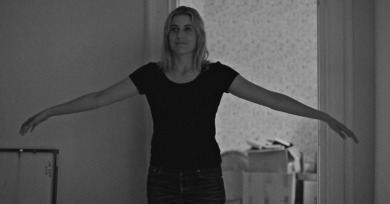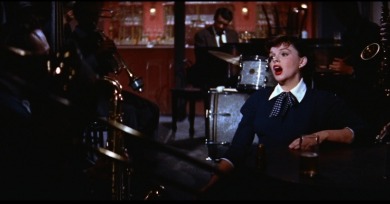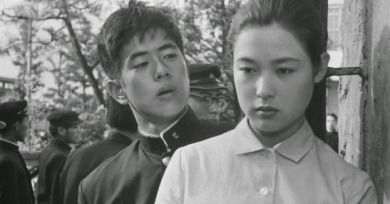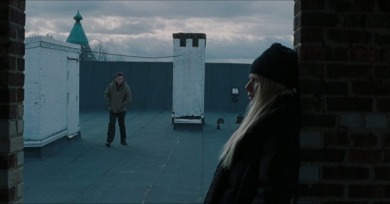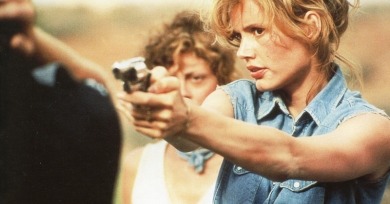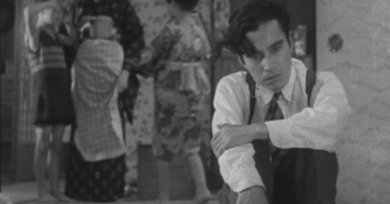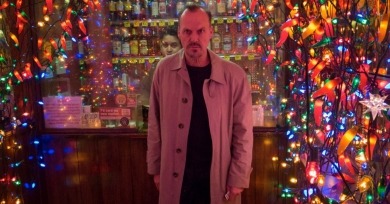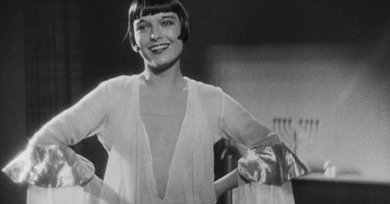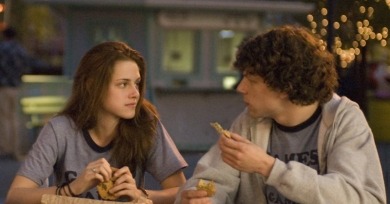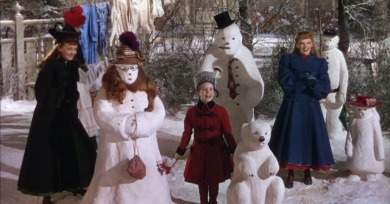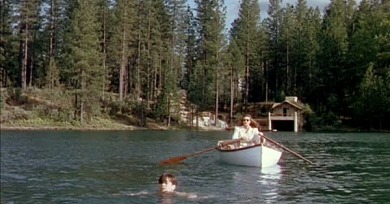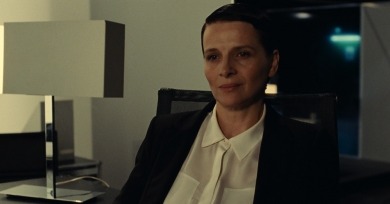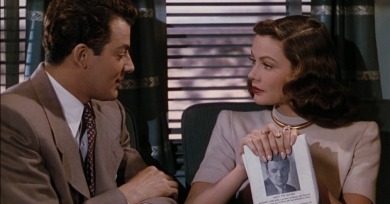Reverse Shot Unauthorized
Reframing Frances Ha as a Greta Gerwig film allows us to flip this script and begin to think about how her sensibility, biography, and tangible screen presence work in a way that is undoubtedly amplified and complicated by Baumbach’s contributions, but ultimately can be understood on their own terms.
Garland’s public life, in its tawdry overexposure, sheds light on the places where her character has been granted relative privacy and mystery.
It’s often said that certain films look as if they were advertisements for joining the U.S. Military, but a handful might be said to actually draw their images from them.
Why the lapse in recognition for an artist who was not simply an inspiration for her personal and professional partner but the literal author of some of the best films ever produced in the East?
James Gray’s Two Lovers is an essential Dostoevsky film, engaged with many of the writer’s great themes and, crucially, illustrative of the ways that they must be reworked as they are brought into new settings—including some that would not have thrilled the author himself.
Khouri was brought in as coproducer and remained on set throughout the shoot: the “third woman” of Thelma & Louise, fighting (successfully) for the undiluted retention of her ideas, including the film’s infamous ending.
Some influential benshi went so far as to exercise a kind of final cut over the films they narrated, manually snipping out scenes, changing projection speeds, or asking that the studio rearrange sequences to suit their needs.
Iñarritu’s legitimate claim to being the creative father of Birdman aside, and whatever Keaton or its screenwriters brought to the project, Birdman feels, from start to finish, like an Emmanuel Lubezki film.
Considering herself intellectually null at the time (despite her reading Schopenhauer between takes), Brooks can be regarded as Pandora’s Box “auteur“ or “visionary“ after the fact only, and then, of course, in a spiritual rather than a literal sense.
It’s not just that Westerberg’s songs are featured on the soundtrack: their winning mixture of cynicism and earnestness becomes the voice inside the movie’s head.
For this author, taking any portion of the artistic onus off of Minnelli is not an easy or natural task, but hopefully a compelling and revealing one that will help me rethink my long-held beliefs and biases.
Almost cloyingly luscious, the cinematography feels perversely complicit in Ellen’s monstrous crimes. It not only makes her inhumanly beautiful, but endorses her inhumane perfectionism by surrounding her with beauty that is unsettlingly perfect.
This is a film, written and directed by a man—Olivier Assayas—about the relationship between the male auteur and the female performer, that begins with the death of one idealized version of the former and ends with the determined, if uneasy, triumph of the latter.
We decided to embark on this symposium as a way of acknowledging film as a collaborative medium, yes, but also to underline how precarious our conception of film as an “authored” form really is.
